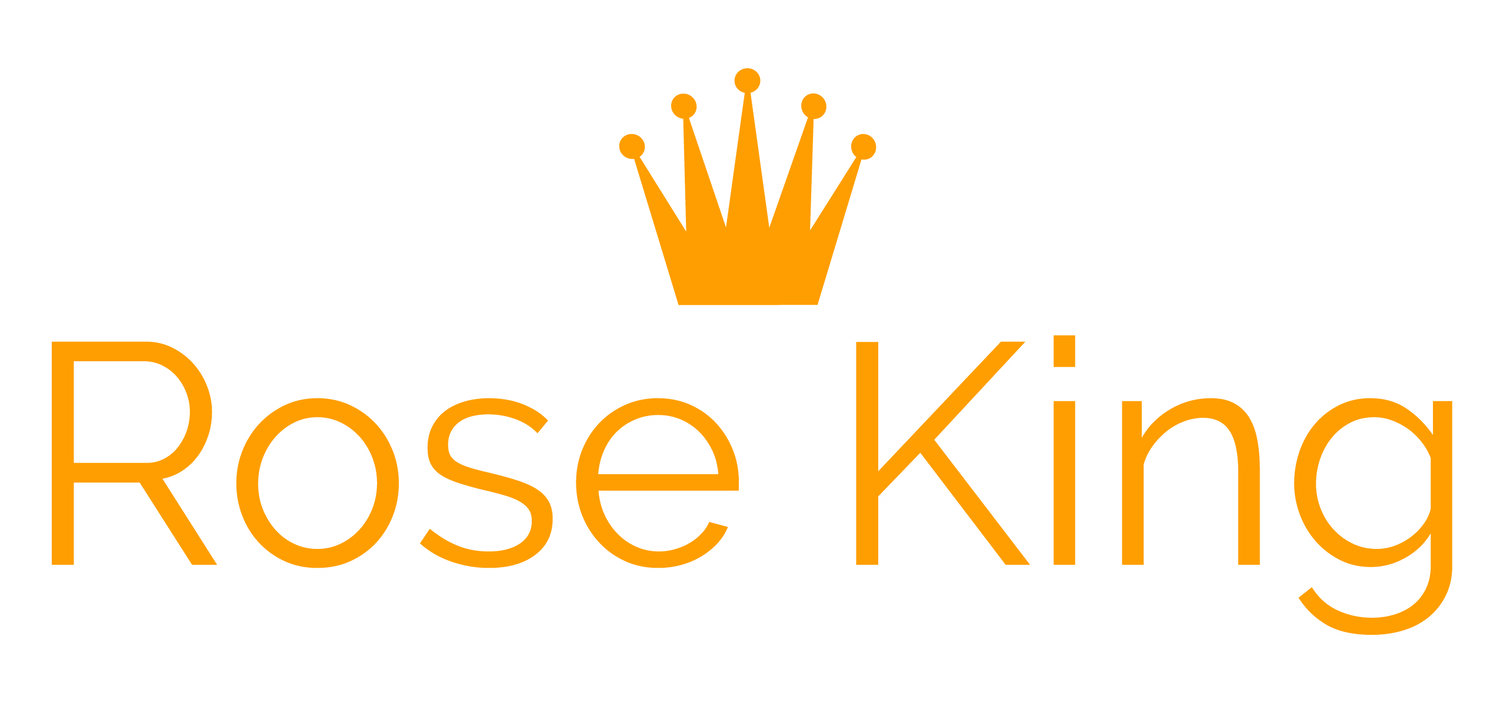Why tell a story? Because of the chemicals it naturally releases in our brains.
When people tell a moving story, our brains release cortisol and oxytocin. [Photo Credit: Paul Zak video, “The Future of Storytelling”]
In early November, I’m participating on a panel at a medical conference in Phoenix. The topic of the panel is storytelling. While preparing, one of my peers introduced me to a terrific video by Paul Zak. It explains – in 5 min no less – the neuroscience behind storytelling.
A professor at Claremont Graduate University, Zak is the founder of the Center for Neuroeconomics Studies. His video on storytelling is well worth your time if you’ve ever questioned its value. Once you watch it, you’ll know the answer. An emphatic “yes!”
When people tell a moving story, our brains release cortisol and oxytocin. As the video explains, cortisol helps us focus our attention while oxytocin is associated with care, connection, and empathy. These two chemicals not only make stories memorable, but they cause people to take action. In this case, people who listened to a compelling story donated more money than people who didn’t.
And that’s the catch: you must tell a compelling story. In other words, a description of an event is not a story. Nor is a laundry list of facts. Stories build up to a point of tension at their climax and, as Zak explains, often follow a universal story arc. He offers an example in the video or you can follow the story structure that I outlined in this blog by providing a setting, showing a struggle, and offering a solution.
Either way, telling a great story is required to release cortisol and oxytocin. Once you’ve done that, you, as a speaker, are more apt to move people to action.
###
Looking for someone to talk about storytelling in your organization? Or someone to improve public speaking at your office? Click here for more info and reach out anytime. – Rose at rose@rosespeechwriter.com.

![When people tell a moving story, our brains release cortisol and oxytocin. [Photo Credit: Paul Zak video, “The Future of Storytelling”]](https://images.squarespace-cdn.com/content/v1/56b15eefb6aa6091b8ce7fc2/1569261110558-R9NQ7JJKY3H34V7KXJOM/Rosemary+Sept+blog+photo.png)